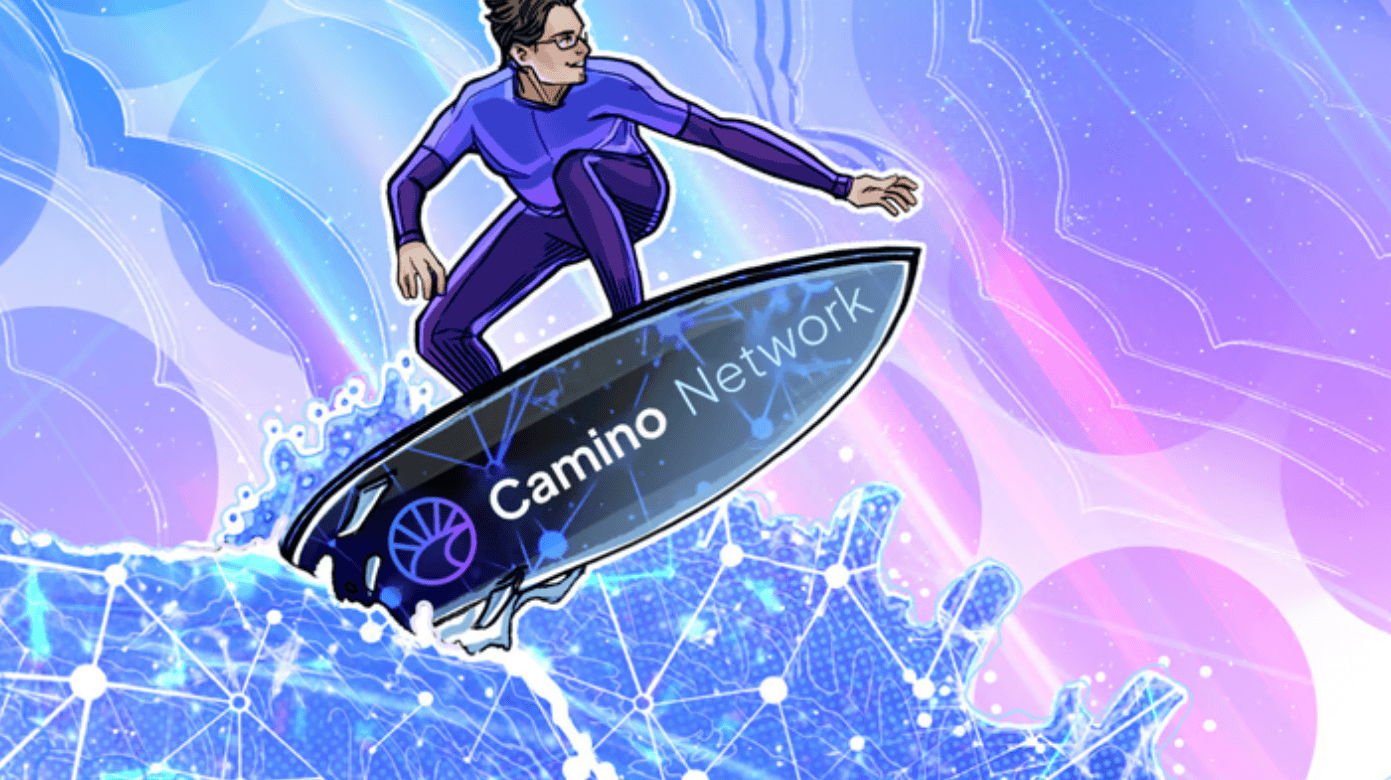
Imagine a private surf school in Bali seamlessly connecting with major airlines and travel agencies worldwide, offering its services to a global audience with just a few clicks. This is not a futuristic dream but a present reality made possible by blockchain technology.
The most common point of view about Web3, the decentralized version of the internet, is that it empowers users by delivering transparency and ownership. But, if applied in such a global industry as travel, for example, Web3 enables a new level of connectivity and efficiency. In a nutshell, blockchain enables travel companies to break free from fragmented processes and isolated data silos. This allows for a unified, secure, and transparent way to manage and distribute travel data, creating an interconnected ecosystem where local initiatives can reach global markets effortlessly.
Blockchain for travel
The travel industry’s adoption of blockchain technology has demonstrated that Web3 would benefit a broader circle than finance. With the introduction of Camino Network, the first blockchain specifically designed for the travel space, innovation started to take off on decentralized grounds.
Thanks to a global and seamless infrastructure, all stakeholders can now join a shared network to do business. The Web3 travel ecosystem — built on Camino Network — has enabled a seamless and simplified way to distribute and manage travel data for the whole industry.
More than 170 travel companies have joined the network with a vision to offer seamless, personalized and secure experiences for travelers. As blockchain technology matured, the travel industry found more ways to connect local experiences to a worldwide audience. The introduction of Camino Messenger, a fast, simple and open-source blockchain-based communication system that connects travel service providers and distributors, helps the industry find more ways to connect local experiences to a worldwide audience.
Camino Messenger operates as a unified and encrypted infrastructure that caters to the needs of both industry giants and small businesses. With the low operational costs made possible by Camino Network, travel industry stakeholders pay a fraction of today’s transaction costs to exchange and manage travel data.
